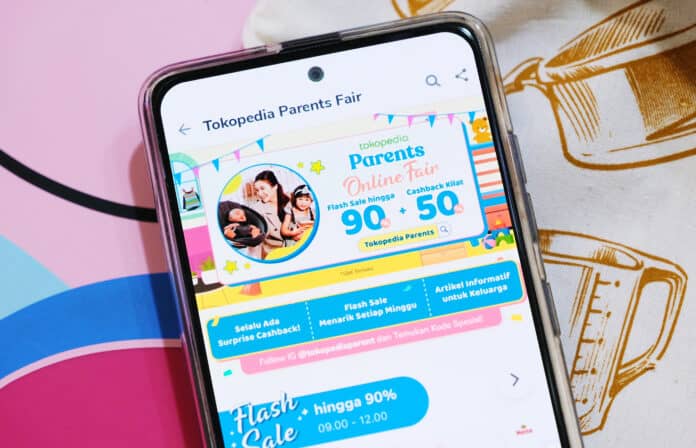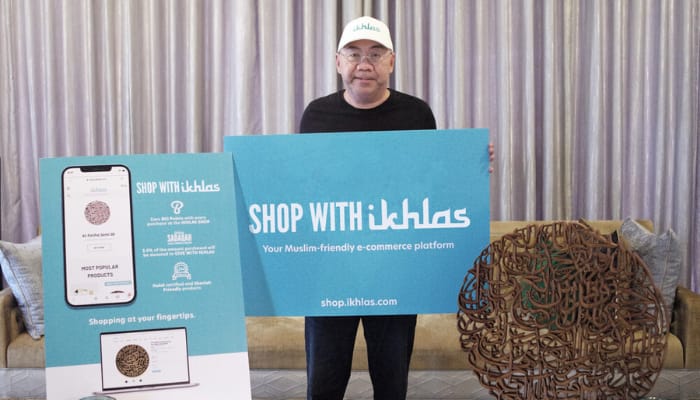Indonesia – Indonesia’s e-commerce platform Tokopedia has launched anew its loyalty program ‘TokoPoints’, which can be earned by users through every purchase of physical products on the platform using any payment method.
‘TokoPoints’ can be exchanged for all transactions of physical products and various digital products, without a minimum or maximum point redemption limit. The use of ‘TokoPoints’ for physical product transactions can also be combined with other promos, like free shipping.
Gabriella Kawilarang, the senior lead product manager of Tokopedia, said that along with the evolution of TokoPoints, the platform hopes to enhance the shopping experience of users and provide them more advantages in Tokopedia.
Kawilarang further shared that online shopping is increasingly becoming a mainstay for people in the midst of the pandemic, saying that this is evident from the increase in the number of monthly active users of Tokopedia, which has now exceeded 100 million, prompting Tokopedia to relaunch TokoPoints. She said that the relaunch will offer more added value to users, as this is part of their commitment to their brand mission ‘#SelaluAdaSelaluBisa’, which means that Tokopedia can accommodate whatever the user is looking for and wants to do.
“Tokopedia will also continue to collaborate with strategic partners to provide a more inclusive, attractive, and efficient shopping experience for the public through various special offers and transparent prices all at hand. This joint effort is hoped to be able to encourage more people to adopt digital platforms, both in fulfilling their daily needs and achieving more, for the sake of simultaneously helping the recovery of the national economy through technology,” added Kawilarang.
Tokopedia has also noted that the highest increase in transactions during the first quarter of 2021 are the following categories: Food and Beverage, Animal Care, and Health, as well as Party Supplies and Craft, and Books.









